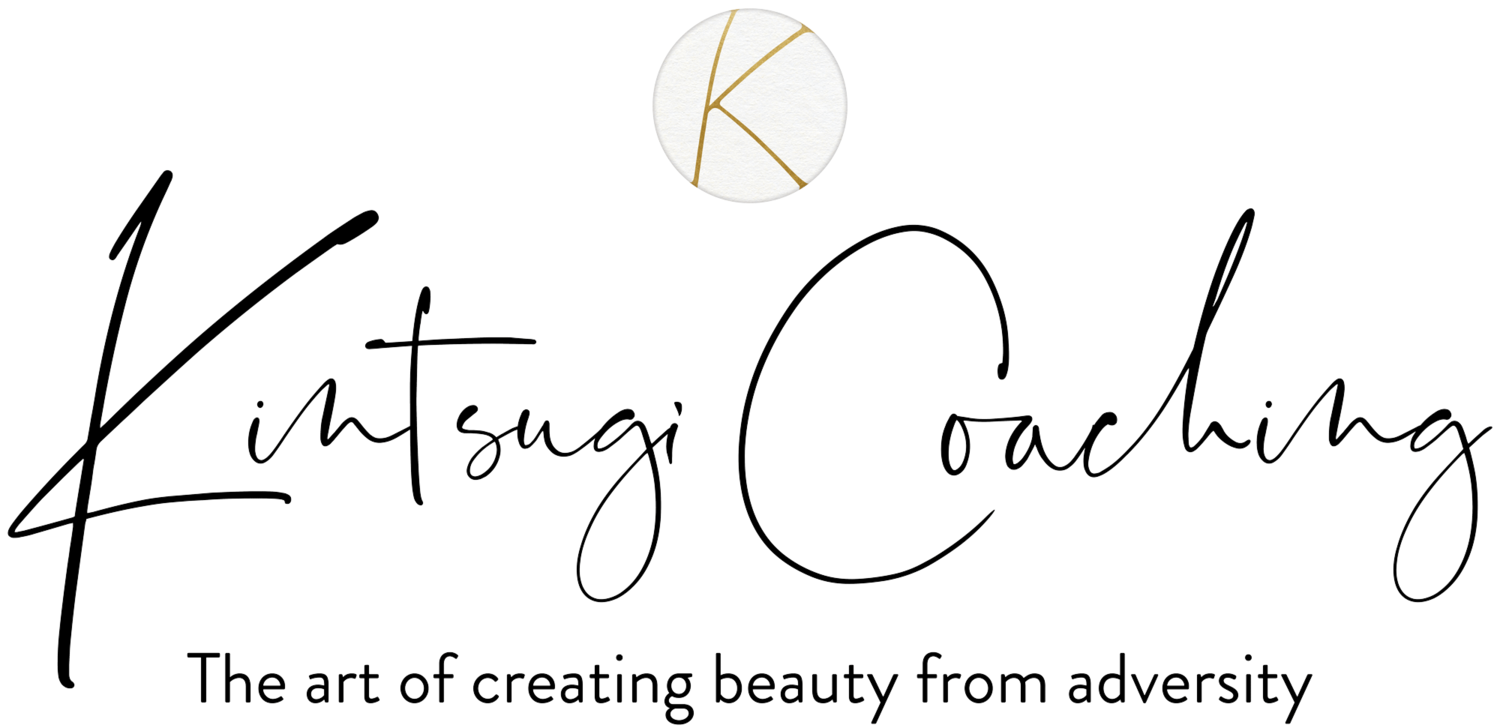Facing Your Dragons
Five hundred years ago cartographers, imagining what lay beyond the known borders of the earth, poetically wrote that beyond a certain point in the uncharted seas “there be dragons.” Dragons are the mythological, metaphorical expression of our innermost fears; the sea they inhabit our unknown future. Dragons lie at the threshold of the known and unknown, at points of transition. Any time you face great change, dragons appear to test your courage and resolve.
Facing into the challenges of life and not turning heel takes tremendous courage, but it is the only way to grow. Running from the dragon seems easier and safer but, in truth, it leads only to stagnation and death. “If you bring forth what lies within you, what you bring forth will save you,” says the Gospel of Thomas. “…what you do not bring forth will destroy you.” Facing life’s dragons is nothing less than a life or death decision.
Readers of this column know that I use my life as an example in much (okay, all) of my writing. I’ll spare the gory details this time and simply say that I know a little bit about dragons. I also know about the emotions that they elicit (fear, depression, anger, grief, aloneness) and the mental states they can evoke (confusion, denial, helplessness). Facing dragons–coming to terms with problems and change–is what inspired me to psychology. Having crossed a number of major thresholds in my own journey, I became a guide for others as they faced theirs.
My first session with my first client came about when I was still a grad student. A woman called in a state of severe depression. She was actively suicidal. I arranged to meet with her in an hour, hung up, called my supervisor and panicked. What should I do? How could I keep her from killing herself? My supervisor calmed me down and reminded me that if someone were intent on killing themselves, there was nothing I could do to prevent it. All I could do was be there for her. It wasn’t my brilliance (or lack thereof) or knowledge of the psyche that helped that day: it was my ability to be with her in her pain, to empathize and to offer her the opportunity to traverse her terrible terrain not alone, but together, with me. And together we faced her dragons for another three years.
Talking about something with someone you trust, someone who cares about you and who, ideally, knows a thing or two, is transformative. It reshapes the contours of the inner landscape and consequently the outer, orienting you to the place you find yourself and illuminating the way. Anxiety, hopelessness, fear, shame–all the things that bind us–are lessened, allowing our strengths to emerge, strengths that are life-affirming, that move us past the dragons and reshape our lives.
Good therapy is not about “fixing” a problem; it is about charting a course through the mental and emotional tumult with the tools of perspective, compassion and knowledge. When Freud spoke of the “talking cure,” he was largely referring to the healing that comes from the release of repressed, unconscious experience and emotion, and that is absolutely curative. But part of the “cure” also lies in the uniqueness of the therapeutic relationship, a relationship that’s sole purpose is the unconditional positive regard for, and growth and development of the client.
Most of what we seek as we journey is compassion, someone who “suffers with” us, who shares our pain without attempting to avoid, minimize or assume it. A good therapist, like all good guides, knows the territory and the language of dragons. They are a touchstone in the midst of turbulence and can help you get back on course when you’re lost, clarifying what holds you back, and pointing the way to go.
Our culture has a difficult time with the idea of psychotherapy, a holdover, I think, of our cowboy/frontiersman roots. The overvaluation of rugged individualism and independence (as though such a thing actually exists, which it doesn’t), have erected barriers to asking for help, believing it to be a sign of weakness when in fact it is a sign of wisdom, humanity and just plain common sense. We are communal creatures, not designed to go it alone, buck-up, or deny our reality; doing so makes us sick.
The thresholds of life present us with the challenge and opportunity to bring forth what lies with us: our strengths and full potential. Don’t let the dragons scare you away from the voyage of a lifetime. They are merely guardians of the great and beautiful beyond.

